

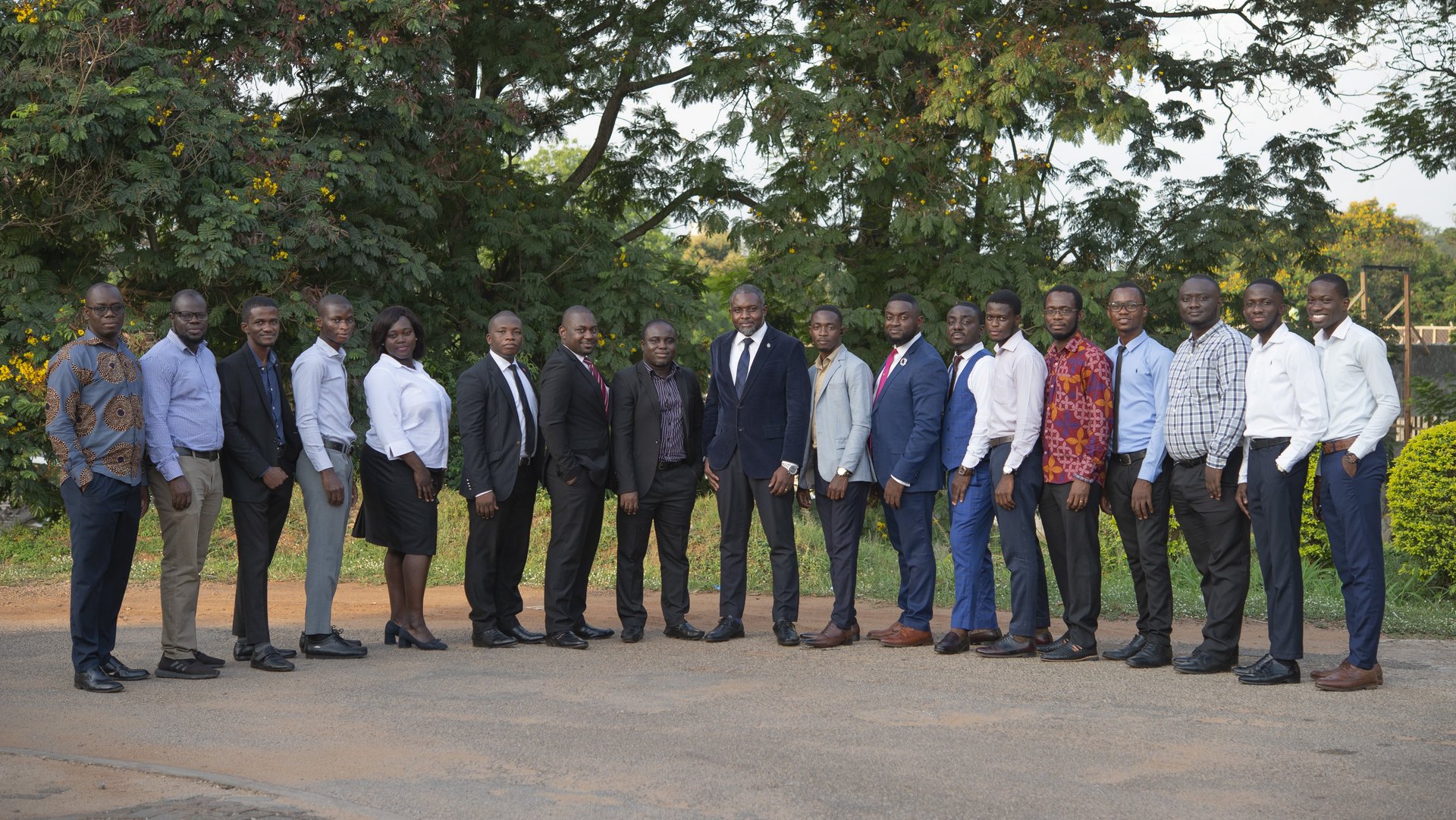
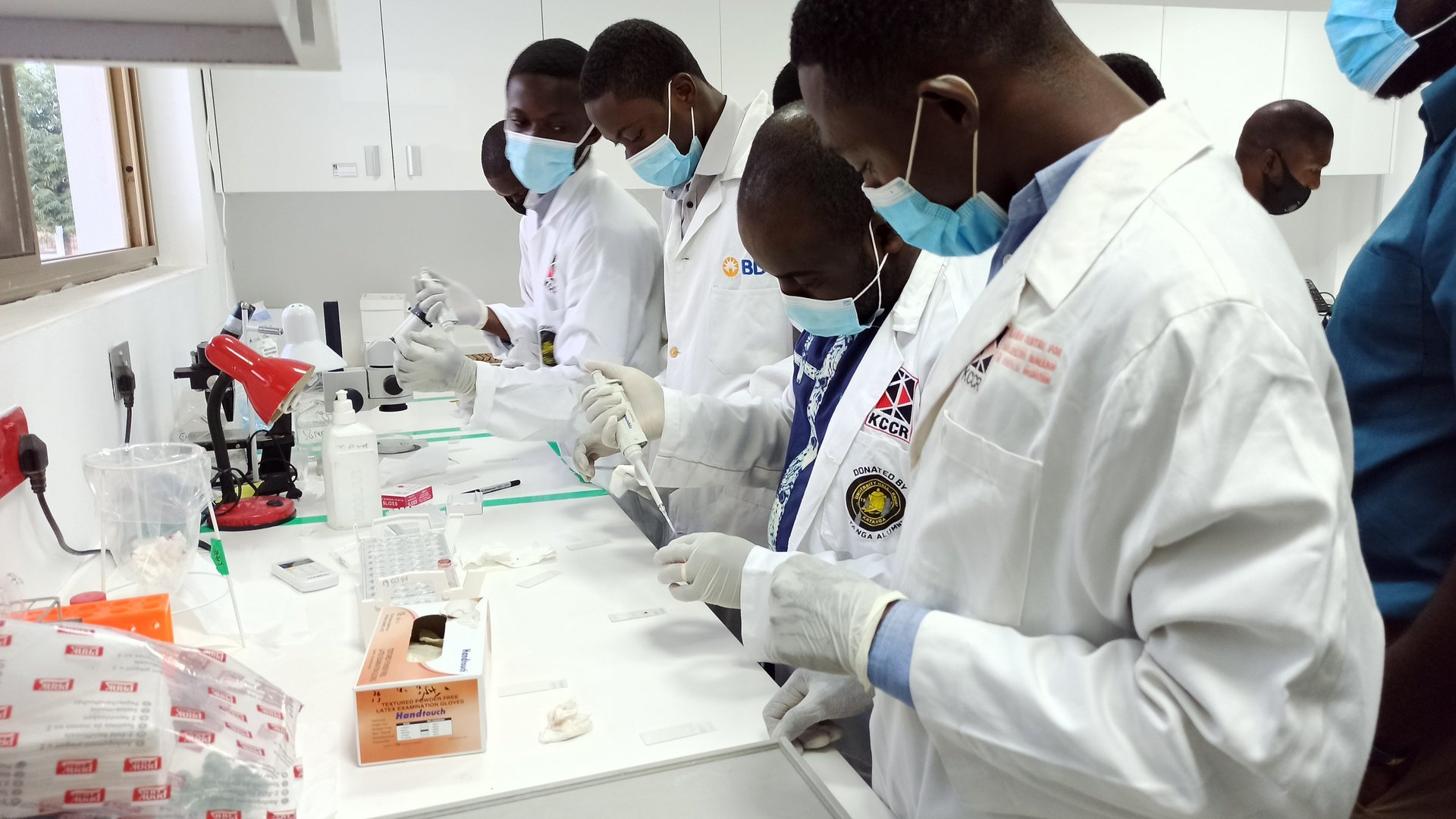
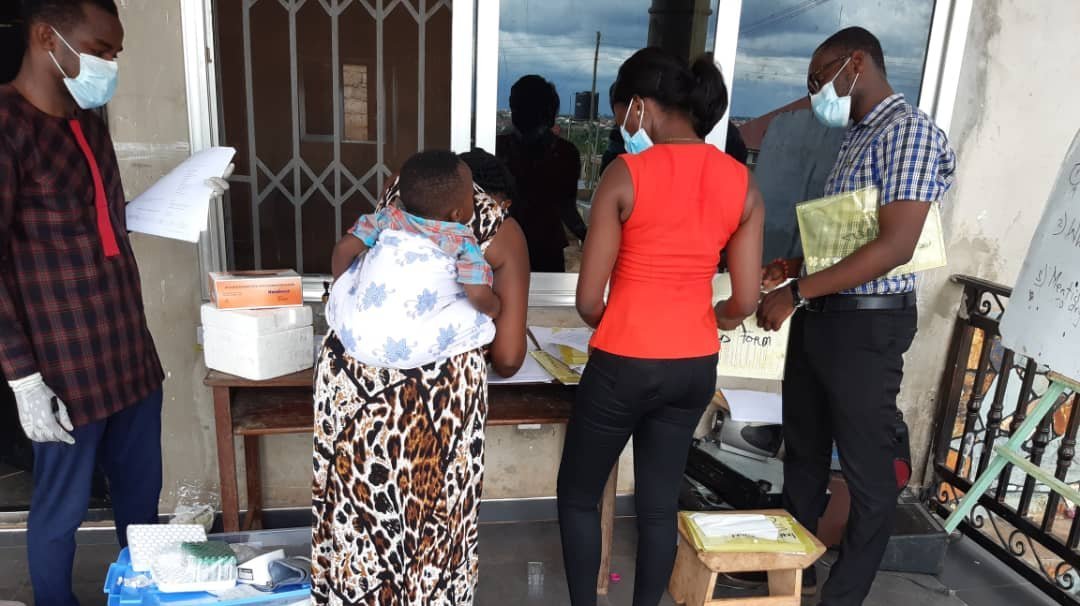
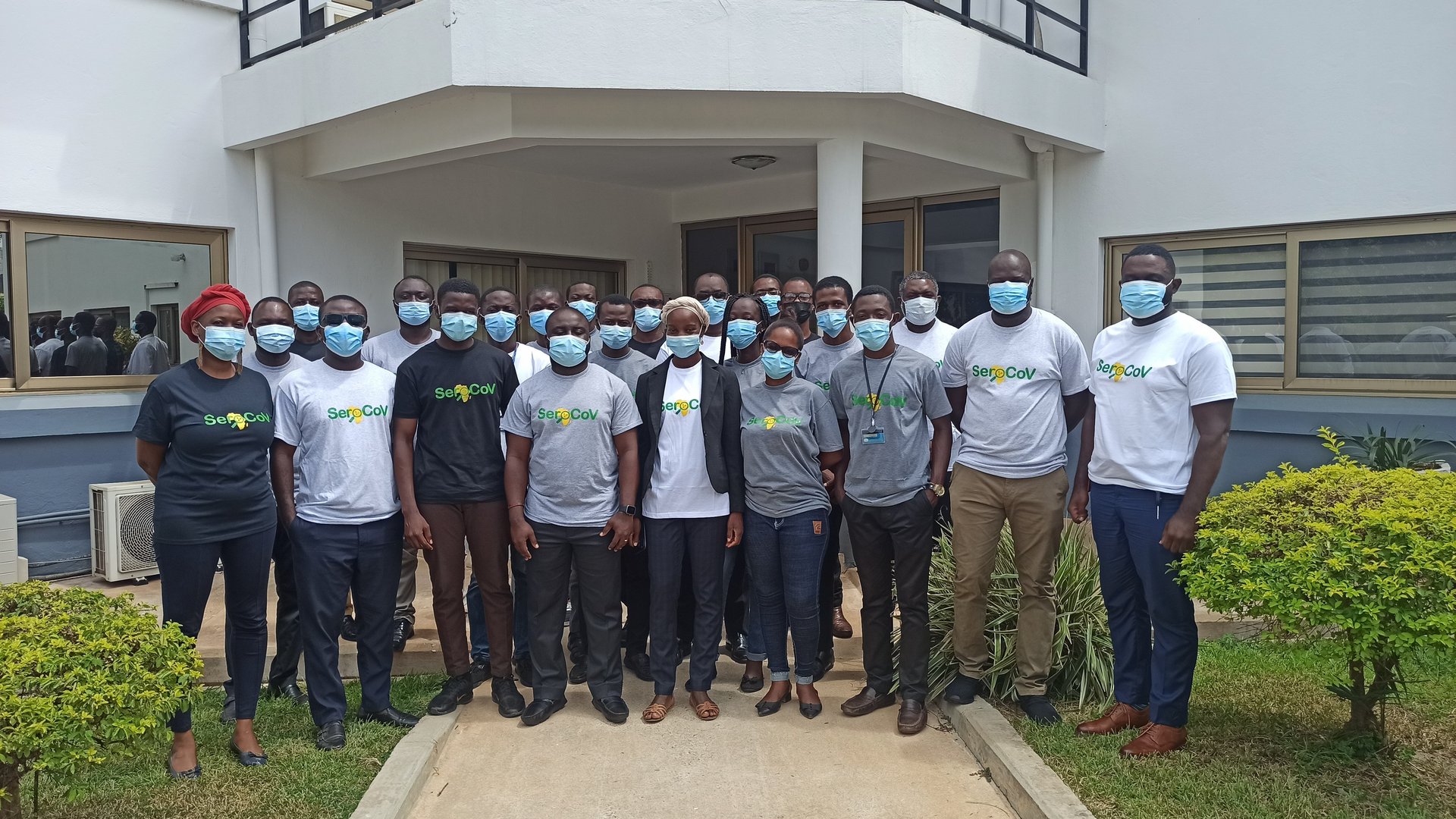
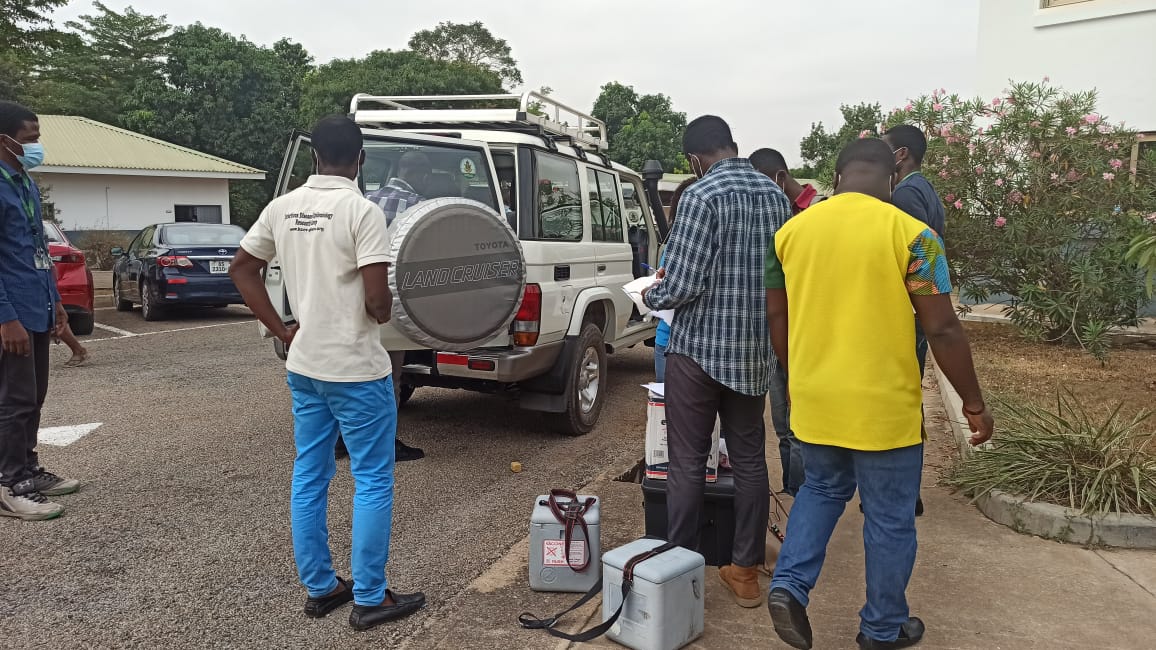
The current global dispensation; particularly on-going concerns with emerging and re-emerging infectious diseases, antimicrobial resistance, mental health and the epidemiological transition that has been witnessed over the past two-to-three decades, have led to the creation of this new group at KCCR. Though the debate as to what constitutes Global Health continues to rage, the link between poverty and health has been well established, and success in addressing either of them is not possible without understanding and addressing the two. Poverty cannot be appropriately and sustainably addressed without good health. It is this understanding of the link between poverty and health that led to health receiving prominence in the formulation of the SDGs and remaining high on the agenda of the G20 over the past 3 years.

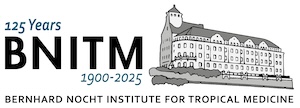

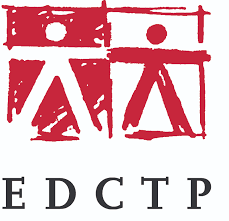

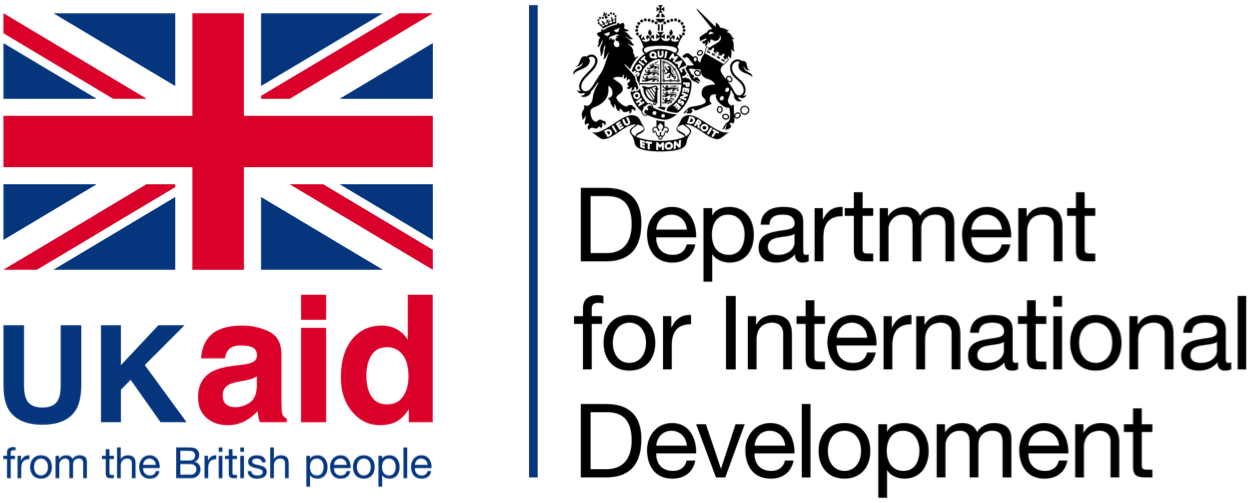

Wir verwenden Cookies, um unseren Besuchern ein optimales Benutzererlebnis zu ermöglichen.
Datenschutzerklärung
So verstehen wir besser, wie Besucher unsere Webseite nutzen.
Damit wir online Karten von Google oder Baidu anzeigen können.
Wir benötigen diese, damit diese Seite einwandfrei funktioniert.

